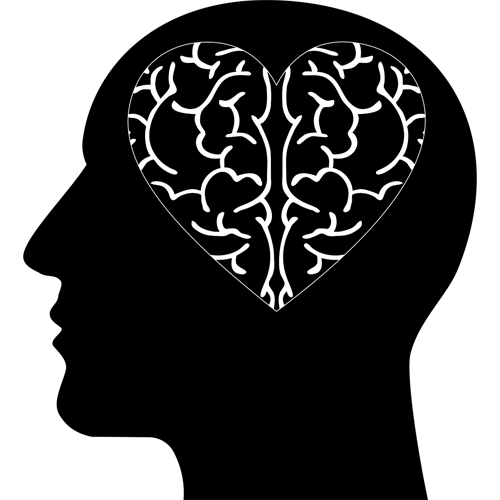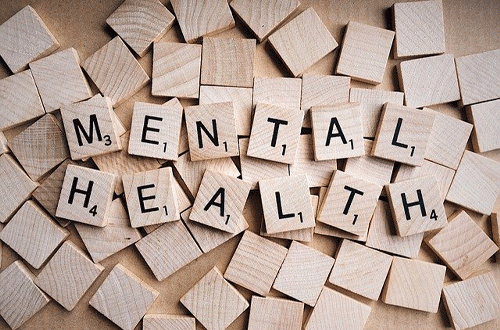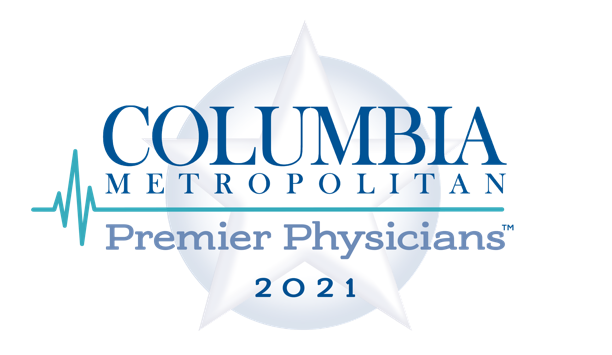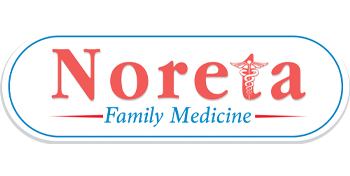Access to Mental Health Care
Naomi Osaka, Simone Biles, Michael Phelps, and other high-profile athletes have recently shared their struggles with mental health. Thanks to these athletes, mental health is finally becoming a more widely talked about and acknowledged subject. I have seen the past 18 months of the COVID-19 pandemic both intensify patients’ previously diagnosed mental health symptoms and cause other patients to talk to me about new symptoms that became too much for them to cope with on their own. Therefore, NPR’s recent story titled “Many Americans are Reaching Out for Mental Health Support – but Can’t Get It” is a very timely one. Here are a few quotes from the story, and my commentary.

“…according to a survey on mood disorders published this week by the National Alliance on Mental Illness, or NAMI….Over half of the survey’s respondents… said that cost prevents them from trying a treatment they’re interested in… Cost was also the reason for discontinuing treatment for about a quarter of the respondents who were able to get care.”
Think about this– half of the respondents said cost prevented them from trying a treatment (likely medicine or counseling) that interested them. Newer medicines are expensive. Drug companies can set high prices for newer, brand-name only medications. However, sometimes the right combination of older medicines can help as well. I would strongly encourage anyone who is concerned about the cost of medications to reach out to their primary care doctor.
At Noreta Family Medicine, I can order many generic medicines for my patients for wholesale prices + $2. NeedyMeds.com is another resource for medicine discounts and coupons. Also, to try to bring about change on a national level, consider writing your Representative or Senator a letter if you have a story about cost preventing you from receiving care that you need.
“The survey also revealed that many people don’t even know how to find mental health support. “Forty-eight percent are unsure if they’re eligible to receive care, and nearly as many are unsure about how to access services.””
I wonder how many of the 48% don’t realize that they can start their journey at their primary care office. Primary care doctors are trained to diagnose or at least to start the evaluation process for all non-emergency mental health diagnoses. Primary care doctors can often handle mental health diagnoses without referring patients to specialists.
I think the elephant in the room is that many people either do not have a primary care physician or cannot easily/quickly make an appointment. Consider looking for a smaller primary care office, like Noreta Family Medicine, which can easily schedule patients, or at which you can schedule yourself!
“”Some of these conditions — they’re particularly disabling [and] can result in people being unemployed,” he says. Losing insurance that way is not uncommon.”
One of the reasons I opened a Direct Primary Care (DPC) practice was to show that patients can afford and budget for primary care services, which include mental health care, without using insurance. This seemingly radical concept swings the door wide open for people to be able to receive primary care services, which will hopefully lead to fewer people going without care.

Have a good week! Feel free to contact me with any questions.
Melissa Boylan, MD, FAAFP
Family Physician and Owner of Noreta Family Medicine

